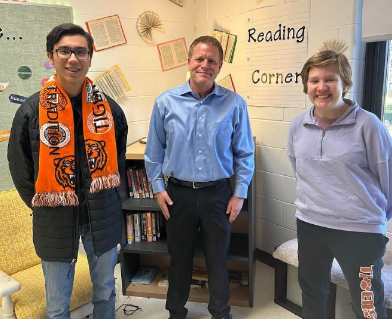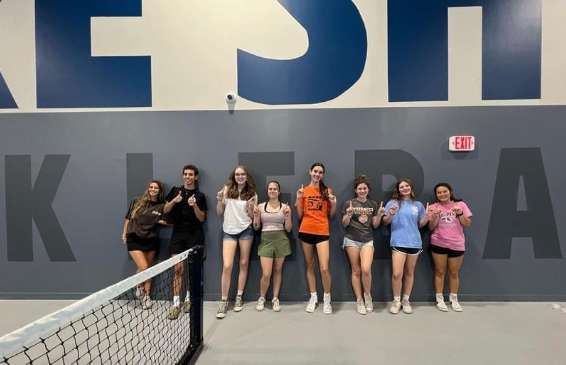“Accessing” Students’ Feelings
October 22, 2019
By a Wheaton Warrenville South student’s Senior year, they are surely used to the same system of making it through the first part of their day, going to lunch/access, then finishing their day with some more classes. While the Seniors are seasoned veterans of this system, they are no longer able to take part in their traditional routine, as WWS went through with the decision to end access for Seniors, instead giving them a full period of lunch.
This new initiative took many Seniors, and even teachers, by surprise, and there were several mixed reactions to the new system, as many students did not even know about the change until the first day of school, which had many seniors “up in arms”.
Senior Jackson Dieden was infuriated with the lack of communication from the faculty about the change in lunch plans for the school year. “Access makes it very convenient to be able to get homework done in school,” said Dieden, “and to not be told about this change in a darn shame.”
However, many students are very supportive of the initiative. Many underclassmen are optimistic about the change because it might mean that the same might occur for them in the coming years. In fact, many students, based off a school survey, preferred the full lunch period over a divided period. This may be confusing to many, as research that has been conducted on the subject has proved the opposite: that students prefer a study hall time. According to an Education World study, most students “Have not only performed a study hall, but have seen academic improvements as well”. However, these studies have been done on a period in the day, independent of lunch. Nearly half of the students surveyed at Wheaton Warrenville South agreed that having a mandatory study hall time in the day, while still having a full lunch, would be much more beneficial.
On the faculty side of things, staff members are sad to see this change. About 75% of the staff members surveyed felt that access is indeed helpful.
Principal David Chambers was interviewed regarding the Education World study. “Its initial effect was to increase faculty morale quite a bit. When you go from 30 percent of students turning in homework to 90 percent, it makes you feel like you’re really having an impact.” said Chambers.
With a seemingly divided staff and student body, is there a common ground?
Meg Davis, an English teacher at South, brought up having an option as a student to take access or to not take it: “I think access is an untapped resource and that Seniors should still have the option to take advantage of it.”
Having this option might be better for students due to them not feeling obligated to eat lunch and socialize. Perhaps certain rooms dedicated to students that want to get work done might be the option. If that were the case, there might be days when students have nothing to work on and want to relax with a full lunch period, whereas other days a student might be “slammed” with work and might feel it would be better to work in a quiet environment. Either way, this method for seniors promotes independence, which is something that will be crucial for a successful life after primary school.







